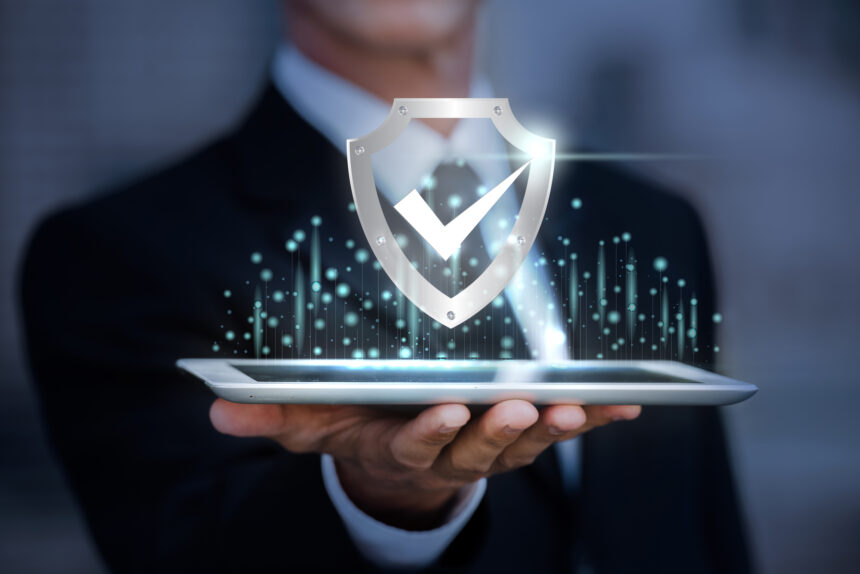Non-Fungible Tokens (NFTs) have gained immense popularity in recent years, revolutionizing the way we perceive and trade digital assets. NFTs have become a valuable tool for artists, collectors, and investors alike, enabling the ownership and authentication of digital artworks, collectibles, and other unique items. However, as the world of NFTs expands, so does the need for robust cybersecurity measures to protect these digital assets, especially in South Africa, where the NFT market is rapidly growing.
NFTs are built on blockchain technology, which provides a decentralized and transparent system for recording ownership and transaction details. While blockchain offers many security benefits, it is not immune to cybersecurity threats. South Africans must be aware of the risks involved and take proactive steps to safeguard their digital assets.
Here are some essential cybersecurity practices to protect NFT investments in South Africa:
- Secure Digital Wallets: NFTs are stored in digital wallets, which are essentially software applications that store private keys. It is crucial to choose a reputable wallet provider and enable robust security measures such as two-factor authentication (2FA) and strong passwords. Additionally, consider using hardware wallets for an added layer of protection.
- Be Cautious of Phishing Attacks: Phishing attacks remain a prevalent threat in the digital world. Cybercriminals may impersonate legitimate NFT platforms or wallets to trick users into revealing their private keys or sensitive information. Always verify the authenticity of websites or links before entering any personal details. Avoid clicking on suspicious links or downloading attachments from unknown sources.
- Research NFT Marketplaces: South Africa has seen a surge in NFT marketplaces, offering a wide range of digital assets. However, not all platforms are created equal in terms of security. Before engaging in any transactions, thoroughly research the reputation and security features of the marketplace. Choose platforms that implement robust security protocols and have a proven track record of protecting user assets.
- Smart Contract Audits: NFTs are often built on smart contracts, which are self-executing contracts with predefined rules encoded into them. Flaws or vulnerabilities in smart contracts can be exploited by hackers to compromise NFTs. It is advisable to conduct thorough audits of the smart contracts to identify and rectify any security loopholes.
- Educate Yourself: Stay informed about the latest cybersecurity threats and best practices. Regularly update your knowledge on emerging scams, phishing techniques, and security vulnerabilities. By being aware, you can better protect yourself from potential risks and make informed decisions regarding your NFT investments.
- Network Security: Ensure that your internet connection is secure and that you have up-to-date antivirus and firewall software installed on your devices. Avoid using public Wi-Fi networks for NFT transactions, as they are more susceptible to hacking attempts.
- Backup Your Assets: Consider creating backups of your digital assets and storing them in secure offline locations. This precautionary measure can protect against potential data loss due to hardware failure or cyberattacks.
- Stay Vigilant: Regularly monitor your NFT holdings and account activity. If you notice any suspicious transactions or unexpected changes in your digital assets, take immediate action. Report any incidents to the relevant authorities or the platform’s support team.
- Seek Professional Advice: If you are new to NFTs or unsure about certain security aspects, consider consulting with cybersecurity professionals or financial advisors who specialize in digital assets. They can provide valuable guidance and help you navigate the complexities of the NFT landscape.
In conclusion, as NFTs continue to gain popularity in South Africa, it is essential to prioritize cybersecurity to protect digital assets. By implementing robust security measures, staying informed, and adopting best practices, individuals can mitigate the risks associated with NFT investments. Remember, the key to safeguarding NFTs lies in being proactive, cautious, and well-informed about the evolving cybersecurity landscape.










